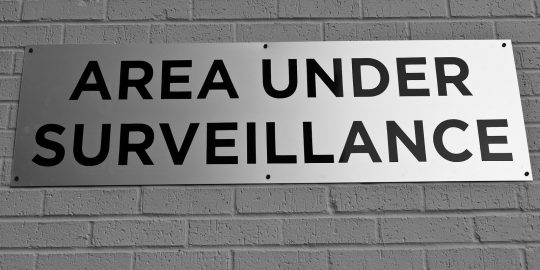
Surveillance, Legal Access Could Weaken Internet Infrastructure
The pervasive bulk surveillance performed by the NSA and other government agencies that’s been revealed in recent weeks relies on court orders, as do other kinds of legal access operations, such as wiretapping or lawful intercepts. Those orders are shrouded in secrecy and the organizations that receive them often comply immediately without asking any questions, a response that can sometimes be a mistake.















